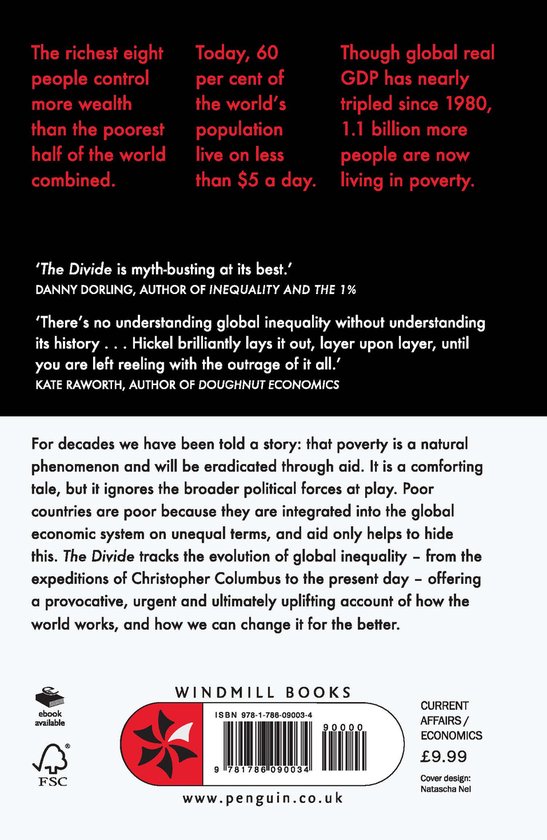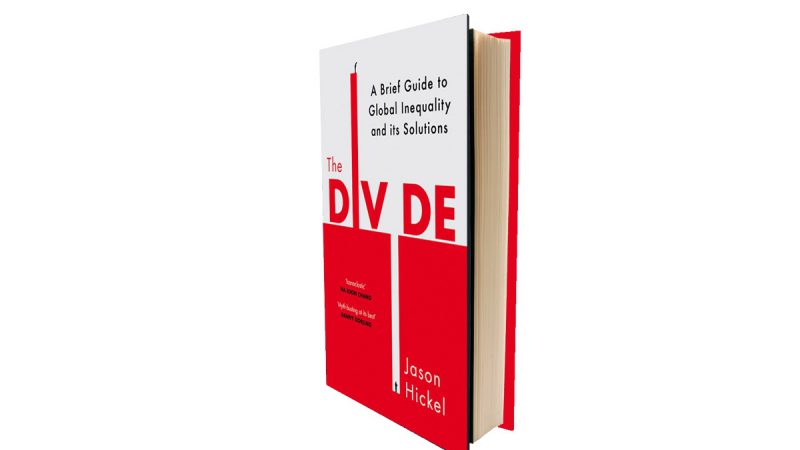
Also little indication about how the author views China and its development model, besides hinting that it "escaped" IMF enforced SAP and managed to bring hundreds of millions out of poverty. The book neglects the question of how to build the political power needed for these reforms, and also strangely sidesteps past socialist economic experiments, in only presenting the basics of Western capitalism and global south attempts at developmentalist (but still capitalist) projects.

His proposed solutions to these problems range from technocratic fixes (democratizing the WTO) to radical economic shifts (degrowth for the West!). Unfair terms of trade / imperialist intellectual property rent through WTO enforced free trade agreements.Debt peonage for global south countries, resulting in governance by IMF/World Bank.

Western intervention in developmentalist attempts.The roots of global inequality are imperialism in the forms of: Summary: The mainstream capitalist aid/development narrative is a myth poverty is getting worse, not better, and the global agencies charged with measuring it manipulate statistics in order to claim success for globalization, including by bringing China's gains with a mixed (?) economy into the picture.


 0 kommentar(er)
0 kommentar(er)
